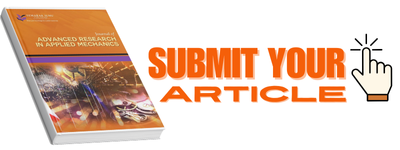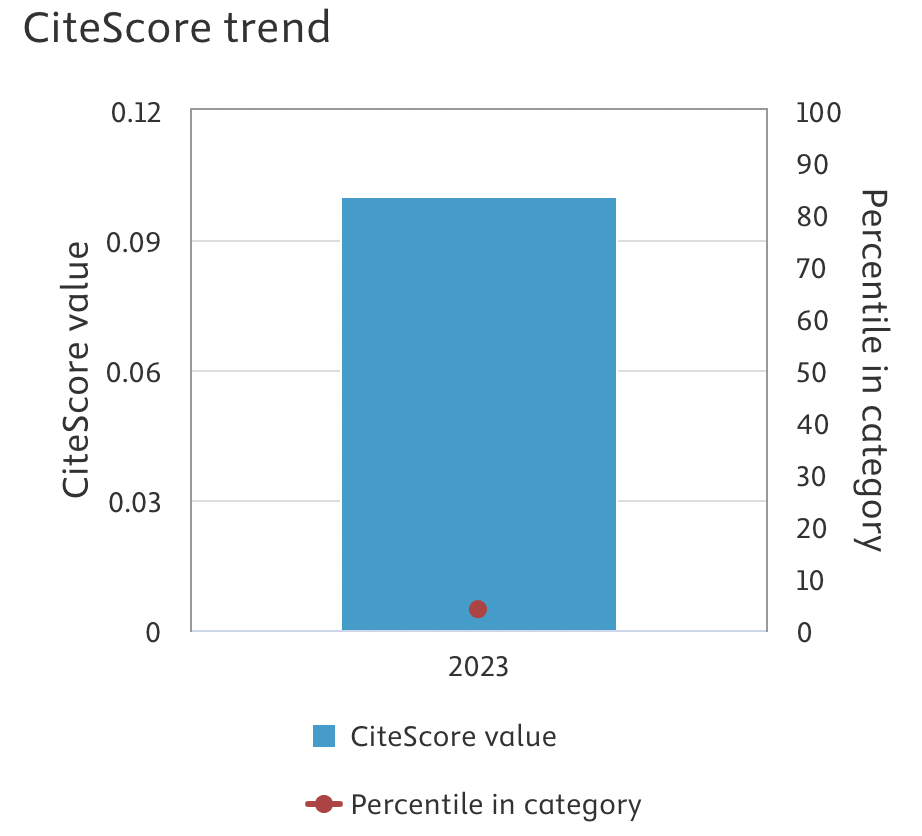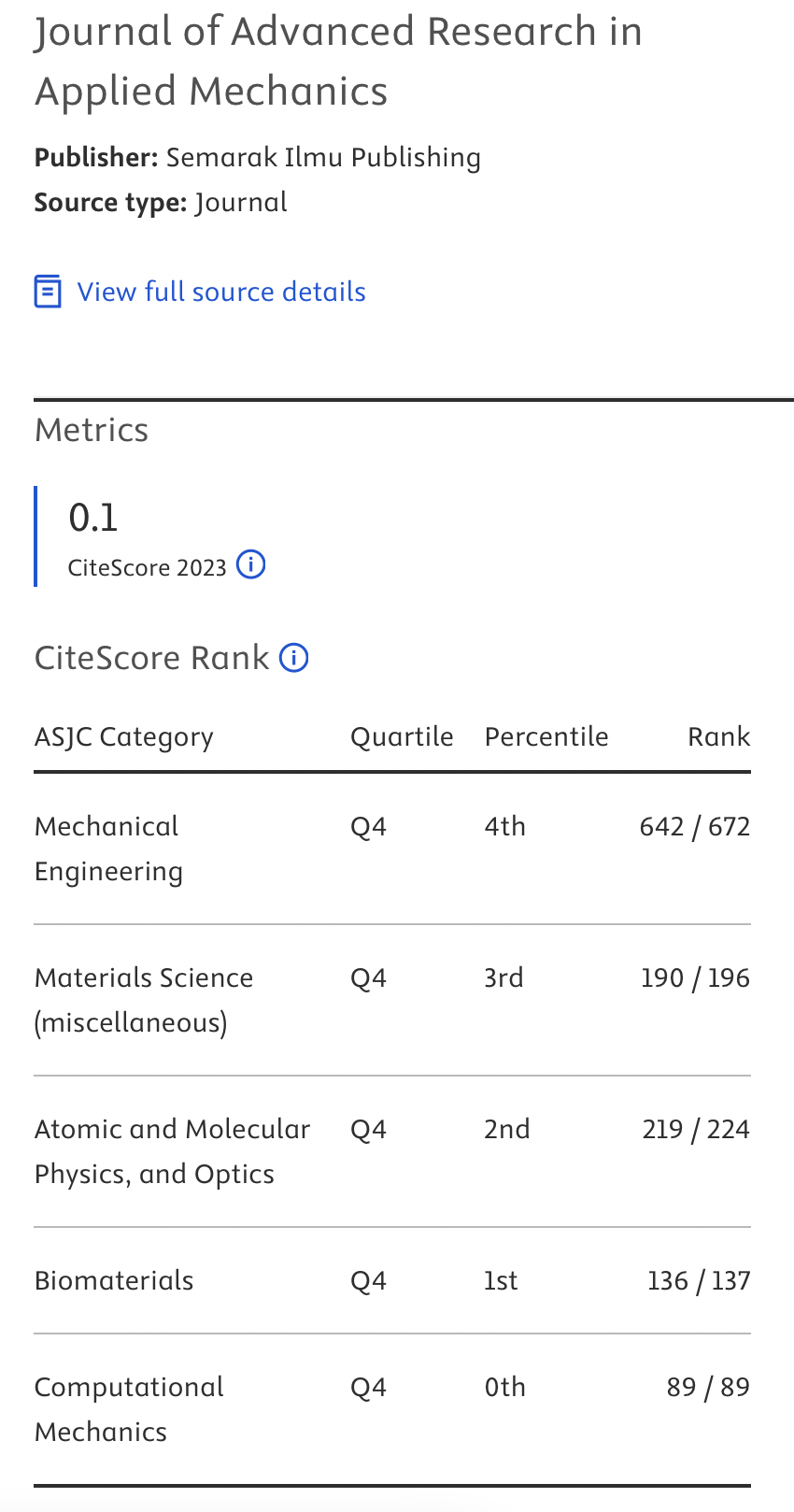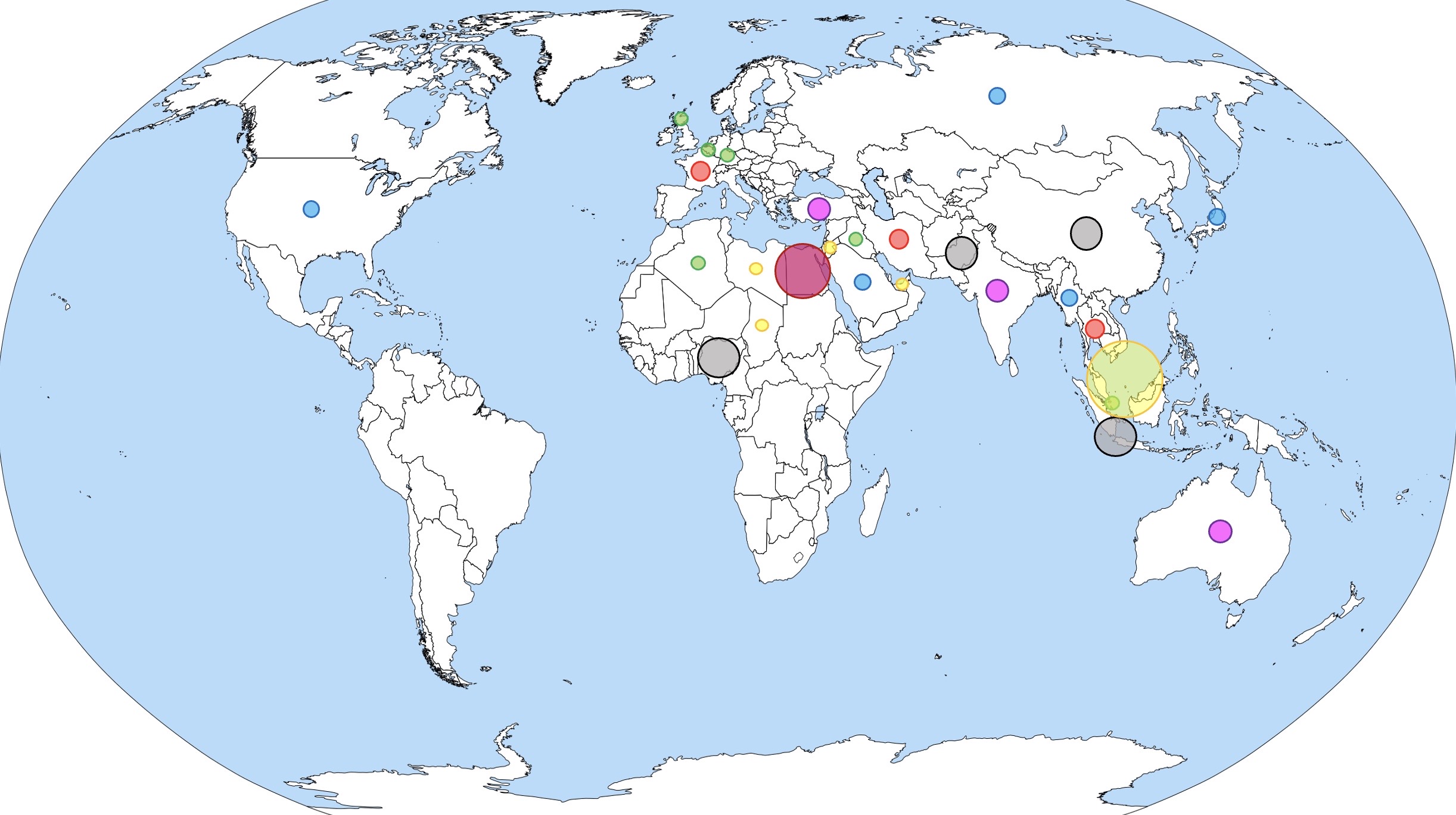Managing sustainable E-Waste resilient infrastructure effectively with the introduction of Smart Bin
DOI:
https://doi.org/10.37934/aram.118.1.108130Keywords:
E-Waste Management, attitudes, efficiency, artificial Intelligence, cost, sustainability, resilient infrastructure, inclusive innovation, user experienceAbstract
Innovation has become an essential and inevitable factor that profoundly influences globalization and supports the prosperity of economies worldwide. Over the past few decades, one of the most common forms of innovation has been the development of electronic goods and gadgets, particularly components of the Internet of Things (IoT). These electronic goods have become indispensable in various industries, such as manufacturing, medical, telecommunication, food and beverages, and service sectors, significantly enhancing operational processes. With the increasing demand for electronic goods globally, both businesses and end users have embraced their usage extensively. However, this widespread reliance on electronic equipment has also led to a surge in electronic waste generation, posing a significant environmental challenge. Studies by Thakur (2021) have estimated that approximately 44.7 million tonnes of e-waste have been generated annually since 2016, a figure projected to rise steadily with the continuous advancement of new technologies. Malaysia produces about 365,000 tonnes of e-waste each year, prompting the need for effective e-waste management solutions. One such solution has been implemented by ERTH, a non-governmental organization (NGO), that offers convenient collection services for e-waste around the Klang Valley (Hakim, 2022). As the demand for electronic goods continues to escalate, stakeholders must recognize the environmental impact of e-waste and actively engage in sustainable e-waste management practices. The integration of innovative approaches such as ERTH's e-waste collection services can significantly contribute to minimizing the detrimental effects of e-waste on the environment hence fostering a more environmentally responsible approach towards electronic goods consumption. By promoting responsible disposal practices and embracing recycling initiatives, societies can work together to create a greener and more sustainable future.
Downloads


























